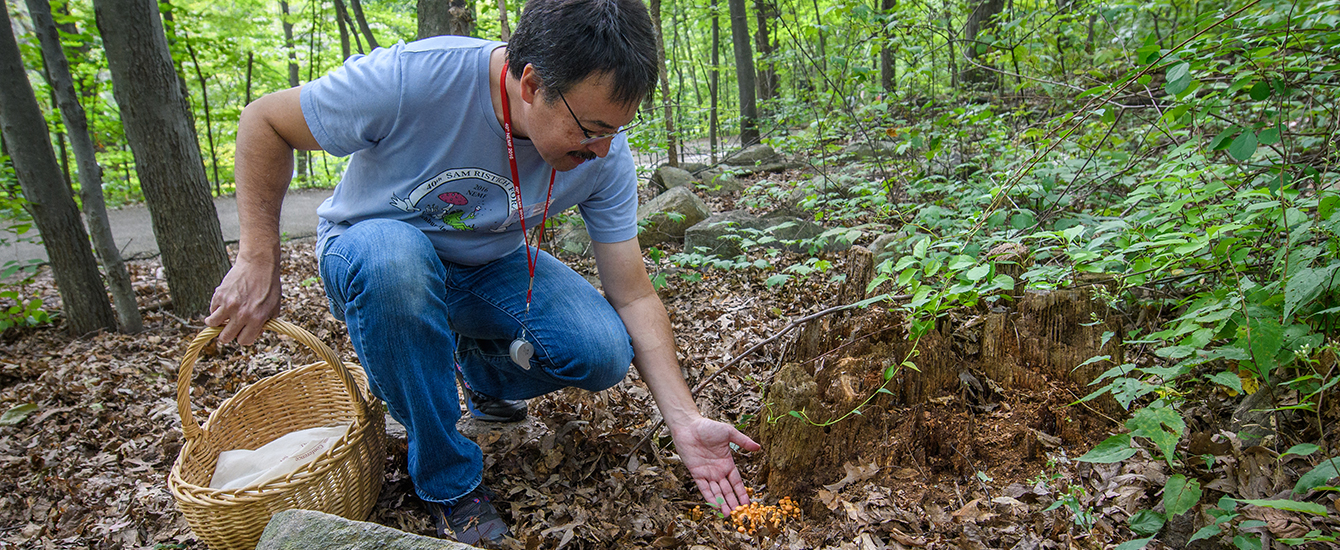Biology
Fungal ecology catches fire
Document Type
Article
Abstract
Progress in science is episodic and uneven; some fields get hot while others dwindle. Fungal ecology is undergoing an observationally driven boom, resulting from the application of pyrosequencing technology. Three papers in the current issue of New Phytologist (Buée et al., 449–456; Jumpponen & Jones, 438–448; Öpik et al., 424–437) illustrate the state of the science, using 454 sequencing of clone libraries derived from PCR-amplified ribosomal RNA (rRNA) genes to characterize fungal communities. The volume of data in these studies is staggering; Buée et al. generated 166 000 sequences, while Öpik et al. and Jumpponen & Jones analyzed 125 000 and 18 000 sequences, respectively. The flood of data from these and similar studies provides ecologists with opportunities to describe fungal communities in greater detail than ever before. At the same time, the new technology challenges the taxonomic community to provide resources for molecular identification and to consider how (or whether) the rapidly accumulating sequence data can be used for species discovery and description.
Publication Title
New Phytologist
Publication Date
10-2009
Volume
184
Issue
2
First Page
279
Last Page
282
ISSN
0028-646X
DOI
10.1111/j.1469-8137.2009.03042.x
Keywords
biological nomenclature, Endophytes, Mycorrhizas, systematic, taxonomy
Repository Citation
Hibbett, David S.; Ohman, Anders; and Kirk, Paul M., "Fungal ecology catches fire" (2009). Biology. 244.
https://commons.clarku.edu/faculty_biology/244
Cross Post Location
Student Publications



